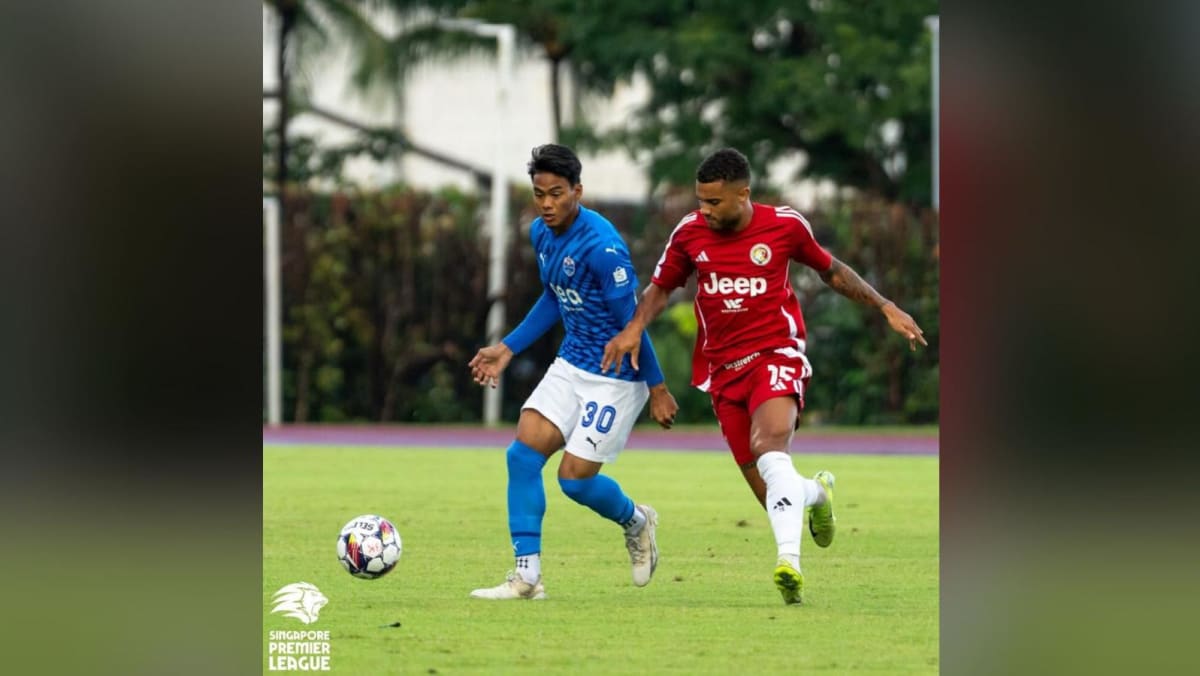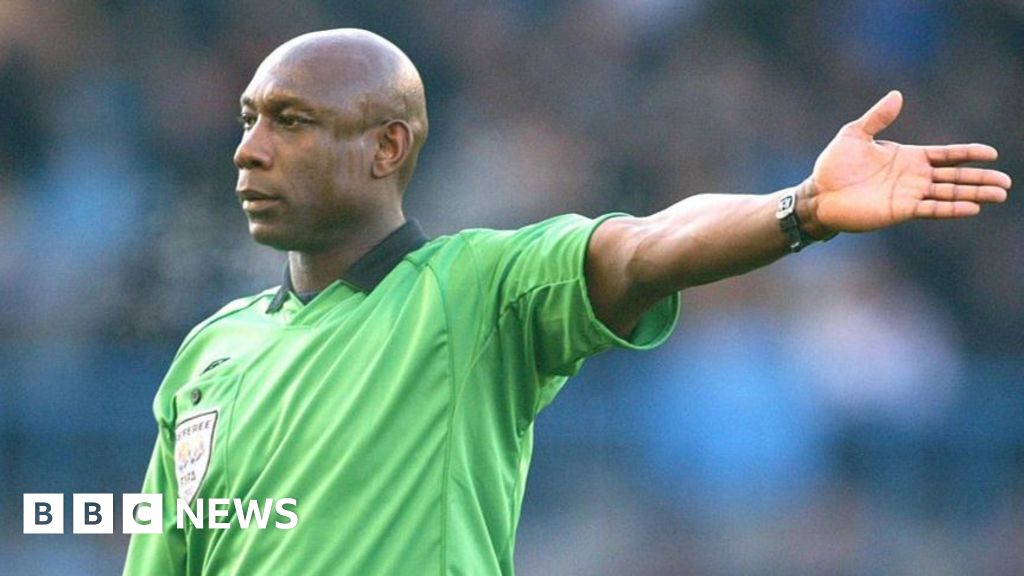As Super Netball experiences a baby boom its parental policies fall behind
Super Netball is experiencing a baby boom, with half of its eight clubs this year impacted by player pregnancy.Netball has typically been lauded as a leader in women's sport and — certainly in September 2016, when NA announced its CPA for the newly vamped all-Australian netball league beginning in 2017 — it was the first team sport in the country to officially put a parental leave policy in place.Prior to this, Diamonds legends like Liz Ellis played in an era where having a baby could end your career and so, most put off starting a family until they'd retired.Ellis has two children, but it took her five years to fall pregnant with her second. (Getty: Graham Denholm)"I beat myself up and chastised myself for waiting till I was so old," Ellis — now the Netball Australia chair — told ABC's Conversations podcast about her experience with IVF."Throughout that time, I would have handed back every single World Cup and every single gold medal for a baby, because I thought it wasn't going to happen."In this modern era of the professional game, there are still concerns about fertility.A recent survey conducted by the players' association (ANPA) amongst Super Netball athletes found that roughly 30 per cent have anxiety about reproductive health.There was also an overwhelming response from players who registered their interest in fertility health checks. Every player that met the criteria said they would welcome the offering.Gretel Bueta, April Brandley and Kim Ravaillion with their children. (Supplied: Giants Netball)Over the course of the past eight seasons, it is no surprise that attitudes are changing and more Super Netballers are choosing to treat pregnancy as a break in their career.Bec Bulley, Laura Geitz, April Brandley, Kim Ravaillion, Gretel Bueta and Romelda Aiken-George have all shown it is possible to make it back to the top after becoming a mum, and these examples are likely to be the catalyst for Super Netball's baby boom.The question is whether the sport is catering for these women enough? As the current policy is constantly under review but hasn't been updated since 2018.Plenty to celebrateThe off-season has been littered with happy news.Loading Instagram contentThere's been so many baby announcements it's been hard to keep track. As a result, at least four out of the eight teams will miss a player for some part of the 2025 season.The NSW Swifts copped a double whammy as co-captain Maddy Proud and New Zealand training partner Elle Temu announced they were due in May.The Giants will be without Gina Crampton in the midcourt, who said her pregnancy news was "bittersweet" after being elevated from a training partner to the full-time playing list this year.Defender Emily Mannix will miss the start of the Melbourne Vixens' campaign as she works her way back to the team after giving birth in January. Mwai Kumwenda is another omission from the Vixens roster, ending a decade-long affiliation with the club.Unfortunately, this was about timing, as the Malawi shooter had given birth a few weeks before the signing period and was unsure whether she would continue playing at that stage.Months later, Kumwenda ended up signing as a permanent replacement for five-time league MVP Jhaniele Fowler-Nembhard at the West Coast Fever — after the Jamaican announced her second pregnancy.Jhaniele Fowler-Nembhard is a marquee player in Super Netball. (ytteG)Sadly, Fowler-Nembhard lost her baby in January and last week indicated she'd like to return to play instead of sitting this season out on maternity leave.The Fever are now working through a plan with Netball Australia to determine where that leaves Kumwenda, but more on that later.Replacement playersWhen a player falls pregnant, Netball Australia's insurance covers the cost of their replacement, following the same protocol as if that athlete was injured.The money sits outside the salary cap and therefore won't tip clubs over the scale as they continue to pay their original player.Teen Hope White impressing ahead of new season Photo shows Hope White GWS Giants netball Hope White walked into the Giants' pre-season camp a terrified 18-year-old, and now coach Julie Fitzgerald sees her becoming one of the next household names.Often teams use this opportunity to blood fresh talent.The Vixens have done this, replacing Mannix with 22-year-old Victorian Maggie Caris. Long-range specialist Lily Graham also took Kumwenda's spot last season before the Melbourne-based teen was upgraded to a full-time contract for 2025.The Giants too went down this route, rewarding their academy player and Australian U21s representative Hope White with an opportunity in Crampton's place.Other clubs prefer to try and match the experience of their missing player.The NSW Swifts pulled off the surprise signing of Verity Simmons — who will come out of retirement to re-join the sport after a stint in AFL Women's.Meanwhile, the Fever were looking for someone of the international calibre of Fowler-Nembhard and managed to lure Kumwenda and her young family across the country.Is it time to update Super Netball's policy?As groundbreaking as it was in the beginning, Super Netball's parental policy is now outdated.Both Netball Australia and ANPA had planned to address this in the last CPA negotiations of 2023, before it had to be put on the back burner as the two parties fought over a revenue-sharing model.Mwai Kumwenda played for the Fever during the pre-season. (Getty: Sarah Reed)The next CPA won't be sorted until the end of 2026 when the sport's current broadcast deal expires, but there are some immediate tweaks that could be made before then.For instance, what is going to happen with Kumwenda? Who signed a legally binding contract with the Fever that promised her a salary and game time this season.There is no exact timeline for Fowler-Nembhard's return, and this is the first time we're aware of a player that has suffered pregnancy loss and wanted to get back on court in the same season.However, back in 2022, Gretel Bueta went through something similar.Diamonds shooter Gretel Bueta with her first son Bobby. (Alex Davidson/Getty Images)Four weeks after the Firebird announced she was expecting her second child, Bueta revealed she had suffered a miscarriage. The shooter ended up falling pregnant pretty quickly again with son Toby, seeing her continue with her plan to take maternity leave for the next season.The sport should have probably jumped into action and amended its policy around miscarriage and job security then.So does Netball Australia continue to cover the cost of Kumwenda's contract with insurance money when Fowler-Nembhard comes back? Will she get a payout?It will be up to all parties — club, league and Kumwenda — to negotiate what happens next. All those details seem murky at the moment, as does her promise of game time.What else is missing?When you compare netball's three-page policy to the 18-page document in cricket –currently considered the gold standard in elite Australian sport — there are bound to be things missing.It must be said that these are just minimum standards and guidelines, so the club or national team may have decided to offer a player more support in the past than is currently stated in the policy.Netball currently accommodates for children less than 12 months old at the commencement of the season or children that are being breastfed — ensuring the cost of the child and a carer is covered for away games, as well as a carer being allowed at training.Cricketers have better parental rights afforded to them in their sport. (Getty: Hannah Peters)Meanwhile, cricket supports children up to the age of four. Their policy also allows for contract extensions for players coming back from maternity leave, to give them every chance to try and keep their spot in the team.This is not currently offered in netball and has led to the likes of veterans Aiken-George and Kumwenda having to look elsewhere for opportunity.Although there is a brief mention of adoption in netball's policy, there is nothing stated about foster care. Nor on the rights for a player that is the non-birth mother in a same-sex relationship.Neither policy features fertility leave, which is important as the Australian government estimates one in nine Australian couples can require assistance in this area.Romelda Aiken-George with her daughter Gianna celebrates winning the Super Netball title with the Adelaide Thunderbirds. (Getty: Maya Thompson)Neither cover the fees of a babysitter, if a partner or family member is unavailable to mind the child at training or travel to away games. This is something ANPA would like to look into.The one department where netball outshines cricket is its inclusion of imports, entitling overseas players the same rights as domestic athletes rather than shifting that responsibility towards the netball body of their home country.Again, it's likely all these topics will be negotiated in the next CPA, but until then, whatever Netball Australia decides to do about Kumwenda's situation will set a precedent.




.jpg)








